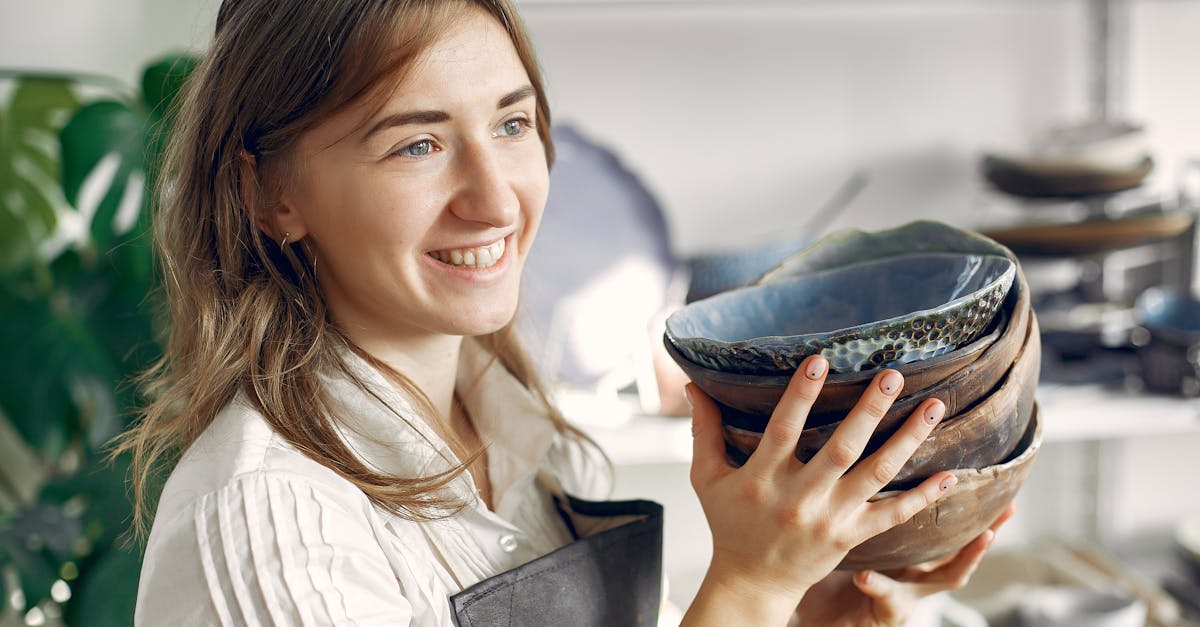Introduction
Have you ever experienced the joy of making someone else happy? Maybe it was a small gesture like holding the door open for a stranger or buying a coffee for a coworker. Whatever it was, you probably felt a sense of satisfaction and happiness knowing that you made someone else's day a little brighter. But did you know that making someone else happy can also make you happier?
Research has shown that giving to others can have a positive impact on our own well-being. In fact, a study published in the Journal of Social Psychology found that people who performed acts of kindness for others experienced an increase in happiness and life satisfaction. This phenomenon is often referred to as the "helper's high."
So why does giving to others make us feel good? One theory is that it activates the reward centers in our brain, releasing feel-good chemicals like dopamine and oxytocin. Another theory is that it helps us feel more connected to others and gives us a sense of purpose and meaning.
Whatever the reason, the benefits of making someone else happy are clear. Not only does it improve our own happiness and well-being, but it can also have a positive ripple effect on those around us. So the next time you have the opportunity to do something kind for someone else, take it. You might just find that it makes you happier too.
Table of Content
- The Science of Giving
- Ways to Make Someone Else Happy
- The Ripple Effect of Kindness
- Overcoming Barriers to Giving
- Conclusion
The Science of Giving
Giving to others can have a profound impact on our own happiness and well-being. In fact, scientific studies have shown that there is a strong link between giving to others and increased happiness. This phenomenon is often referred to as the "helper's high."
When we give to others, our brains release feel-good chemicals such as dopamine, serotonin, and oxytocin. These chemicals not only make us feel good in the moment, but they also have long-term benefits for our mental and physical health. For example, dopamine is associated with feelings of pleasure and reward, while serotonin is linked to feelings of well-being and happiness. Oxytocin, often called the "love hormone," is associated with social bonding and trust.
In addition to these chemical benefits, giving to others can also help us feel more connected to our communities and to the world around us. It can give us a sense of purpose and meaning, and help us feel like we are making a positive difference in the world.
So, how can we tap into the science of giving to improve our own happiness? One simple way is to look for opportunities to help others in our daily lives. This could be as simple as holding the door open for someone, offering a kind word or compliment, or volunteering our time to a local charity or organization.
By making a conscious effort to give to others, we can experience the many benefits of the helper's high and improve our own happiness and well-being in the process.

Ways to Make Someone Else Happy
Ways to Make Someone Else Happy
Sometimes, making someone else happy can be as simple as offering a smile or a kind word. Other times, it may require a bit more effort. Regardless of the situation, there are countless ways to spread happiness and brighten someone's day.
One idea is to perform a random act of kindness. This could be anything from paying for someone's coffee in line behind you to leaving a kind note for a coworker on their desk. These small gestures can have a big impact on someone's mood and outlook.
Another way to make someone else happy is to offer your time and attention. This could mean volunteering at a local charity or simply taking the time to listen to a friend who is going through a tough time. By showing that you care and are willing to help, you can make a significant difference in someone's life.
If you're feeling creative, consider making a homemade gift or card for someone special. This could be a batch of cookies for a neighbor or a personalized piece of artwork for a loved one. Not only will the recipient appreciate the thought and effort that went into the gift, but you'll also feel a sense of satisfaction and joy from creating something with your own hands.
Finally, don't be afraid to think outside the box and come up with your own unique ways to spread happiness. Maybe you could organize a community clean-up day or start a pay-it-forward initiative at your local coffee shop. The possibilities are endless, and the more creative you are, the more likely you are to make a lasting impact on someone's life.
In conclusion, making someone else happy doesn't have to be complicated or time-consuming. By offering a small act of kindness, volunteering your time, creating a homemade gift, or coming up with your own unique idea, you can spread happiness and improve your own well-being in the process. So why not try to make someone else happy today? You never know how much of a difference it could make.

The Ripple Effect of Kindness
Have you ever experienced a random act of kindness that made your day? Maybe someone held the door open for you, or a stranger complimented your outfit. These small gestures may seem insignificant, but they can have a powerful ripple effect.
When we do something kind for someone else, it not only makes them feel good, but it can also inspire them to do something kind for someone else. This creates a chain reaction of positivity that can spread far beyond the initial act of kindness.
For example, imagine you buy a coffee for the person behind you in line at the coffee shop. That person may be inspired to do something kind for someone else, like leaving a bigger tip for their server at lunch. The server may then be inspired to do something kind for a customer, and so on.
This ripple effect of kindness can have a profound impact on our communities and the world as a whole. It can create a culture of kindness and generosity, where people are more likely to help each other out and look for ways to make a positive difference.
So, the next time you have the opportunity to do something kind for someone else, don't hesitate. You never know how far that kindness may ripple out and impact others. And who knows, it may even come back to you in unexpected ways, making you happier and more fulfilled in the process.

Overcoming Barriers to Giving
Giving to others can be a rewarding experience, but it's not always easy. Many people face barriers that prevent them from giving back to their communities or helping those in need. Some may feel like they don't have enough time or money to make a difference, while others may be unsure of how to get involved.
However, it's important to remember that even small acts of kindness can have a big impact. Overcoming these barriers to giving can be as simple as finding creative ways to give back that fit into your lifestyle and budget.
For example, if you don't have a lot of extra money to donate to charity, consider volunteering your time instead. Many organizations rely on volunteers to help with tasks like fundraising, event planning, and outreach. Not only will you be helping a good cause, but you'll also be building new skills and making connections in your community.
If you're short on time, look for ways to incorporate giving into your daily routine. Simple acts of kindness like holding the door open for someone or offering a compliment can brighten someone's day and make a big difference in their life. You can also consider donating items you no longer need, like clothes or household goods, to a local charity or shelter.
Another way to overcome barriers to giving is to get creative with your resources. For example, if you're a skilled writer or artist, consider donating your talents to a nonprofit organization. You can also use social media to spread awareness about causes you care about and encourage others to get involved.
Ultimately, the key to overcoming barriers to giving is to stay motivated and focused on the positive impact you can make. By finding ways to give back that align with your values and interests, you can make a difference in the world and improve your own happiness and well-being in the process.

Conclusion
In conclusion, making someone else happy can have a profound impact on your own happiness and well-being. As we've discussed, scientific studies have shown that giving to others can release feel-good chemicals in the brain, leading to a "helper's high" that can boost your mood and reduce stress.
But beyond the science, there's something inherently fulfilling about making someone else smile or brightening their day. It can be as simple as holding the door open for a stranger or sending a thoughtful text message to a friend.
The ripple effect of kindness is also worth considering. One small act of generosity can inspire others to pay it forward, creating a chain reaction of positivity and goodwill.
Of course, there may be barriers to giving that need to be addressed. Time and financial constraints are common obstacles, but there are always creative ways to give back, even if it's just a few minutes of your time or a small donation.
So, I encourage you to take action today and try to make someone else happy. It doesn't have to be a grand gesture - sometimes the smallest acts of kindness can have the biggest impact. And who knows? You may just find that in making someone else happy, you've also made yourself a little bit happier too.




